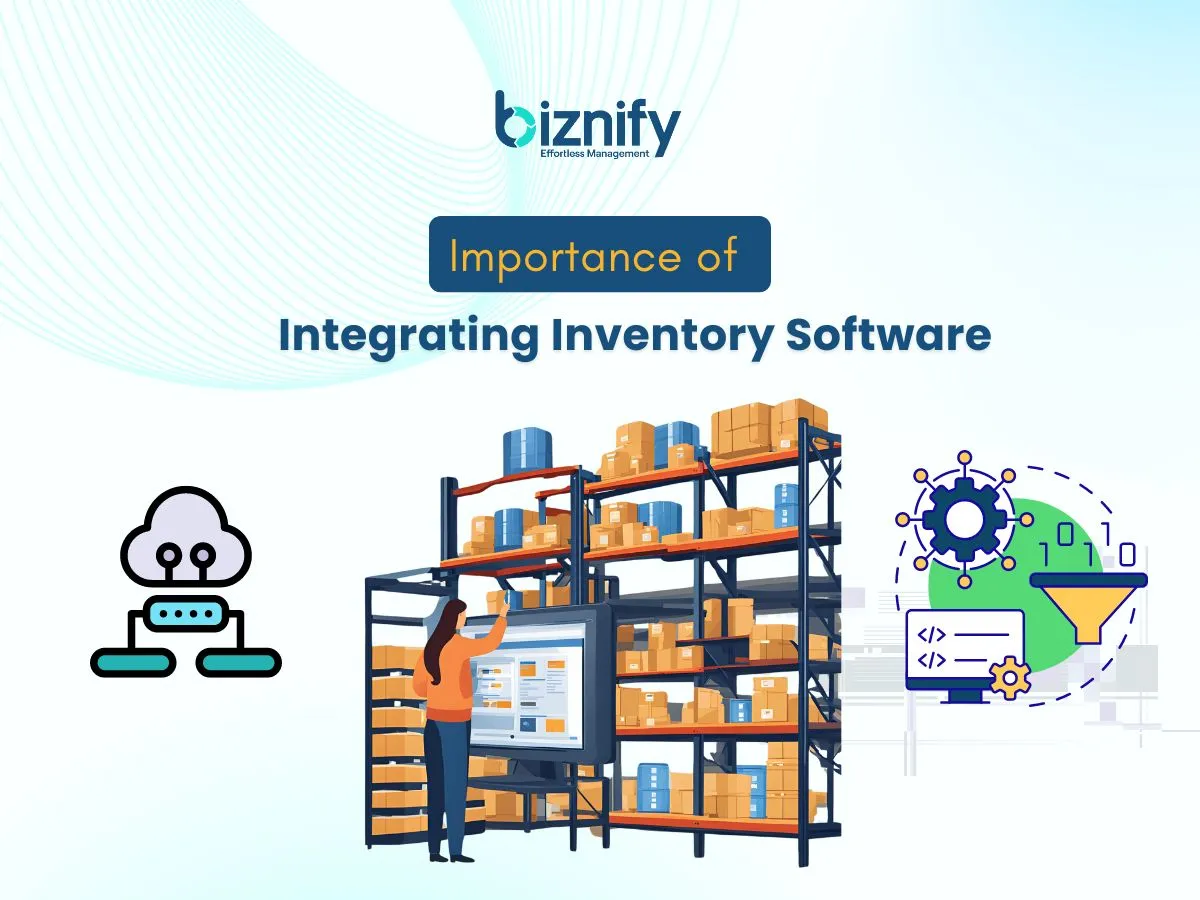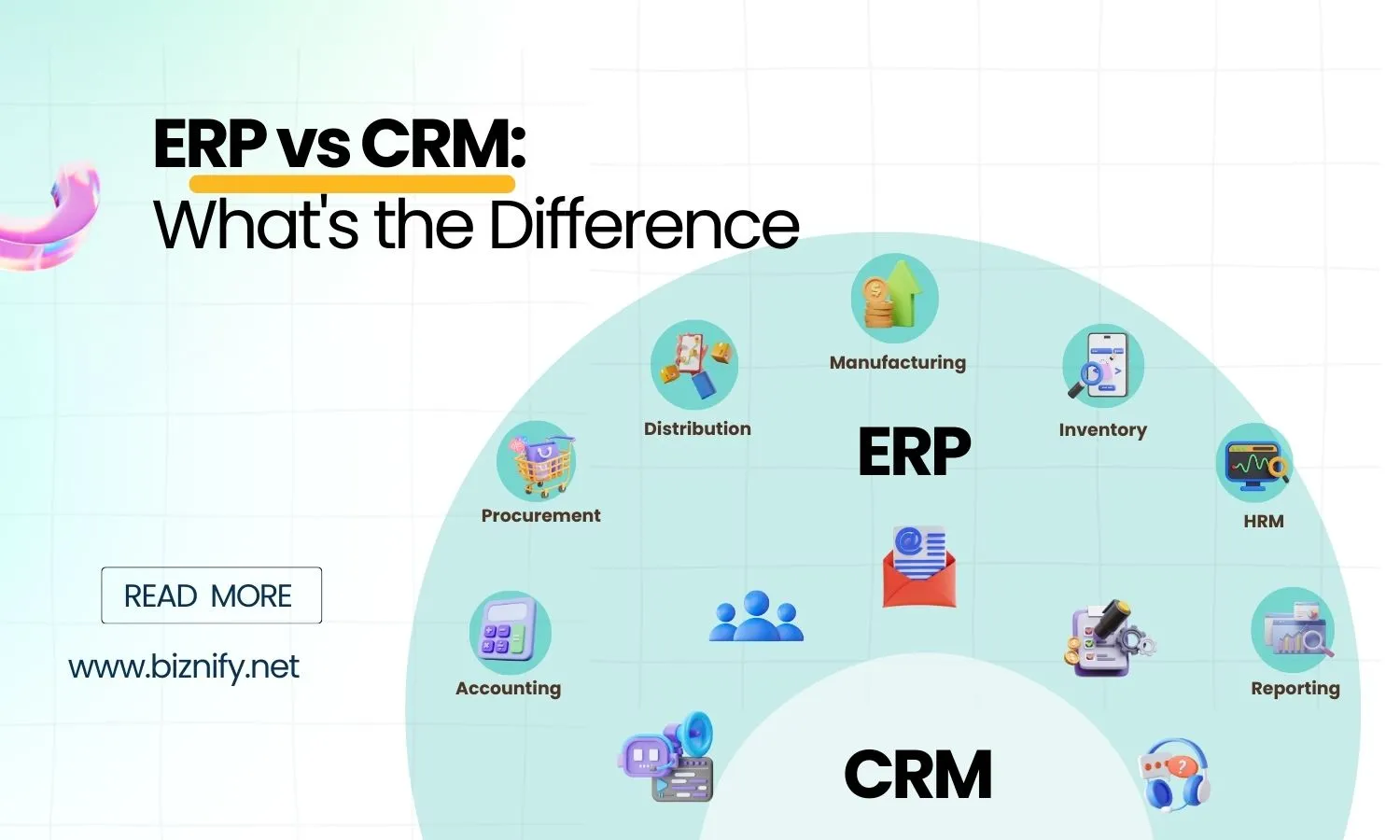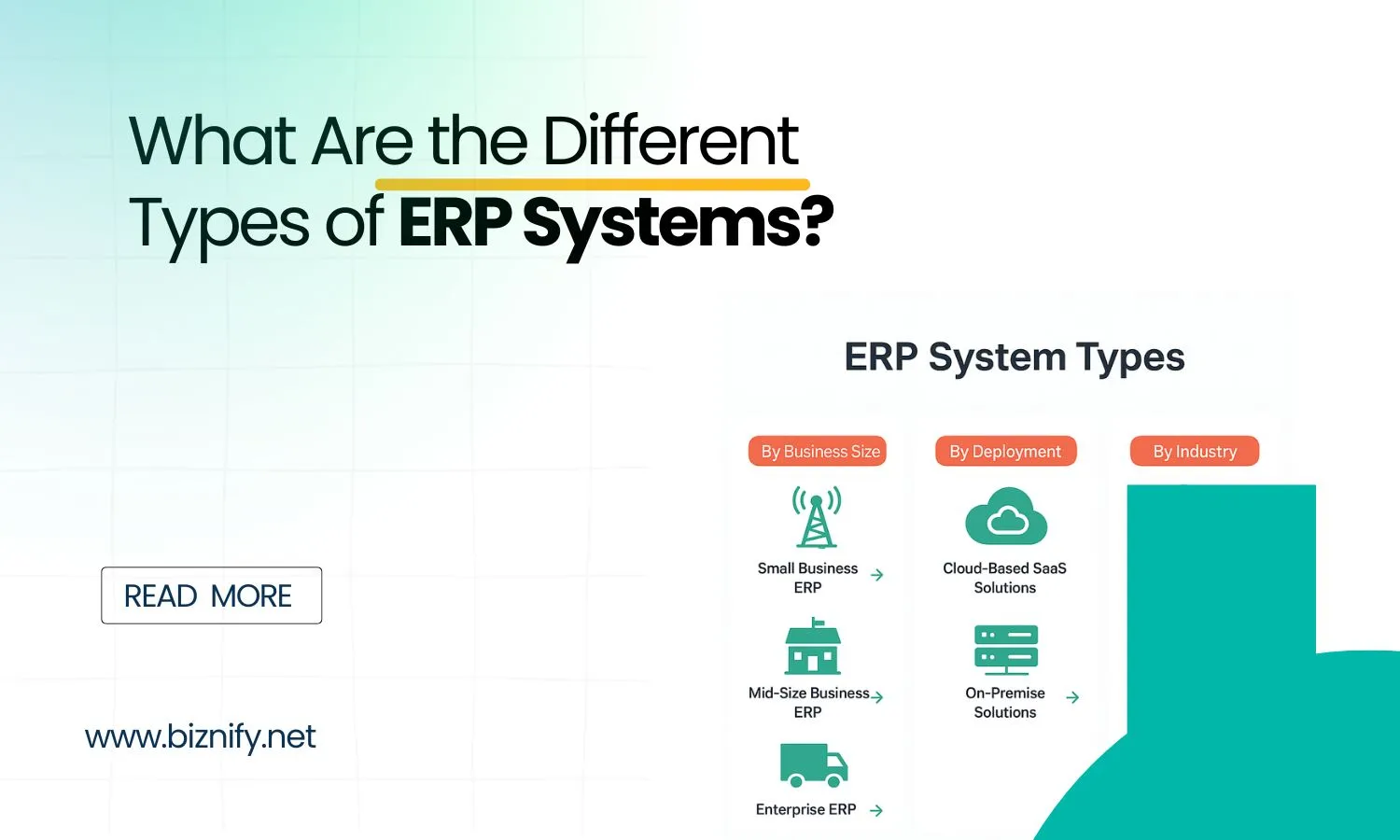
With the increasing demand for efficiency in warehouse operations, particularly in Bangladesh's growing logistics and e-commerce sectors, businesses are turning to technology for effective solutions. Warehouse Management Software is a specialized system designed to improve operational efficiency, lower costs, and increase productivity within warehouses.
This software plays a crucial role in modern logistics by organizing the whole process and enhancing accuracy. As competition intensifies in today’s fast-paced market, utilizing such technology has become vital for businesses to manage complex warehouse tasks efficiently.
The best Warehouse Management Software encompasses several key functions that contribute to enhanced operational efficiency. Here are the primary functions:
Inventory Management: This feature enables real-time tracking of stock levels, improving accuracy and reducing errors.
Order Fulfillment: The software streamlines the picking, packing, and shipping processes, resulting in faster operational speed.
Labor Management: It optimizes task assignments, leading to increased efficiency and productivity among warehouse staff.
Warehouse Layout Optimization: This function enhances space utilization, minimizing movement inefficiencies and reducing operational costs.
Reporting and Analytics: The software provides actionable insights that help in making informed, data-driven decisions.
Understanding the various types of Warehouse Management Systems can help businesses select the most suitable option for their needs. Here are the main types:
Standalone WMS: This option is best for small businesses focusing solely on warehouse management, providing essential features without unnecessary complexity.
Cloud-Based WMS: These solutions are flexible and scalable, making them ideal for growing enterprises that require adaptability as they expand their operations.
ERP-Integrated WMS: This type offers seamless integration with other business operations, such as accounting and customer relationship management, creating a cohesive operational environment.
Supply Chain Management WMS: These comprehensive systems incorporate warehouse management as part of larger supply chain solutions, enhancing overall visibility and efficiency.
Implementing Warehouse Management Software (WMS) offers several advantages that can significantly enhance warehouse operations.
Increased Accuracy: By minimizing stock errors, businesses can achieve better order accuracy, leading to fewer returns and customer complaints.
Improved Efficiency: WMS automates many manual tasks, saving both time and resources, which allows staff to focus on more strategic activities.
Utilizing relatable examples, such as a company reducing order errors from 15% to 5% through WMS optimization, illustrates the tangible benefits of adopting such technology.
WMS plays a pivotal role in supporting the growth of e-commerce and logistics sectors by optimizing key processes.
One of the most notable contributions is faster order fulfillment. By managing workflows, WMS enables quicker shipping, which is essential in today’s fast-paced marketplace.
Another significant feature is cross-docking capabilities, which minimize storage time. This approach allows products to move directly from receiving to shipping, significantly reducing lead times.
Additionally, implementing just-in-time inventory strategies can help businesses reduce holding costs by ordering only what is necessary. This method ensures that warehouses operate efficiently without overstocking items.
Focusing on these specific roles demonstrates how WMS can be a game changer in logistics and e-commerce, especially when discussing practical strategies for optimizing operations.
Choosing the right Warehouse Management Software requires careful consideration of several key factors:
Scalability: It’s essential to select a WMS that can grow with your business. Look for solutions that can accommodate increased order volumes and expand functionalities as needed.
Integration: Ensure that the WMS can integrate smoothly with existing tools, such as ERP systems. This compatibility is crucial for streamlining operations across departments.
User-Friendly Interface: A system that is easy to navigate will enhance team adoption and reduce training time. A complicated interface can hinder productivity and employee satisfaction.
Real-Time Insights: The value of having access to live data cannot be overstated. A WMS that offers real-time visibility into operations supports informed decision-making and improves responsiveness to market changes.
When evaluating these factors, it’s beneficial to connect them to specific business needs. For instance, a growing retailer may prioritize scalability and integration with their e-commerce platform to ensure a seamless flow of information and operations.
A Warehouse Management System (WMS) is crucial for businesses aiming to fast track their warehouse operations. By automating tasks and optimizing inventory management, WMS helps boost efficiency and reduce costs.
When choosing a WMS, it's important to select a solution that aligns with your business goals. A flexible and adaptable system, like Biznify, can help businesses stay ahead.
Investing in a proper WMS can help businesses unlock their full potential and gain a competitive edge.
Ready to transform your warehouse operations? Explore Biznify, Bangladesh's leading WMS solution, to revolutionize your supply chain.




Just exploring ERP or unsure which modules you need? The Biznify team’s here with straight answers.